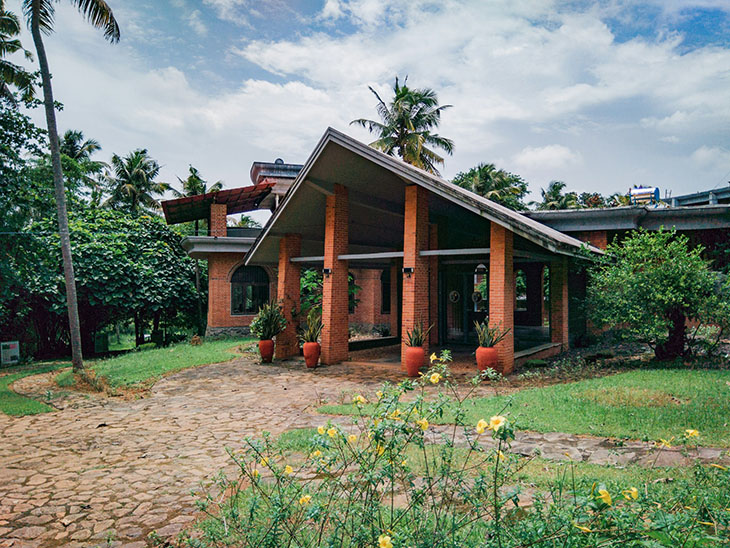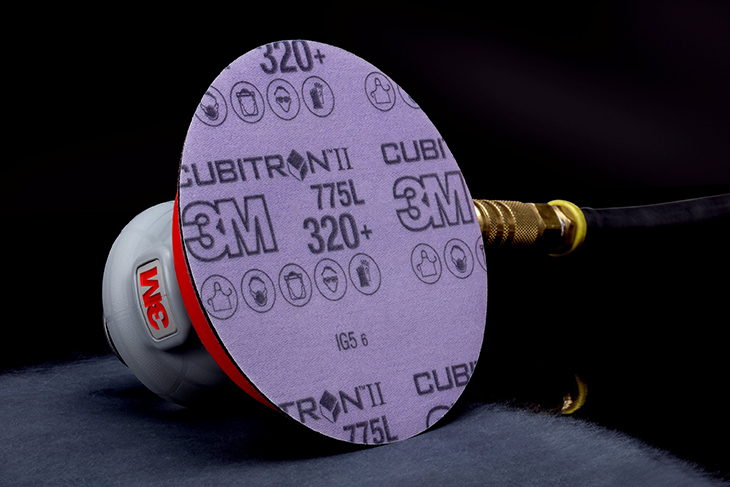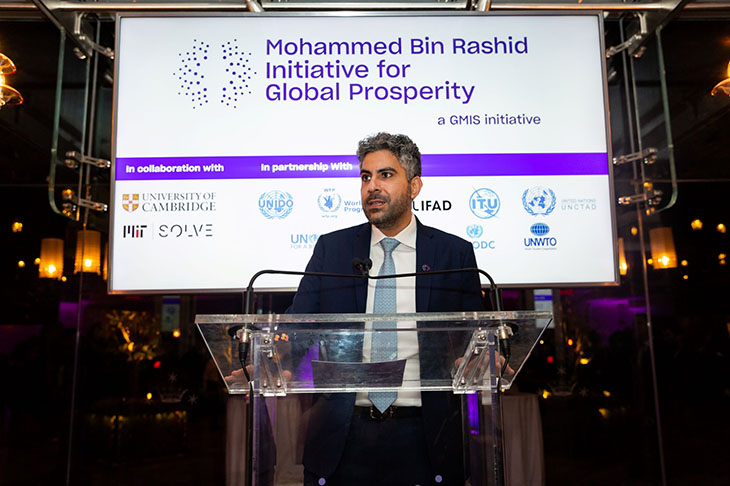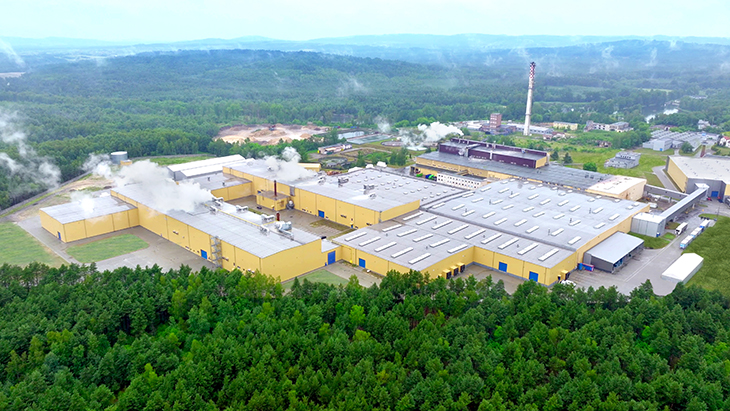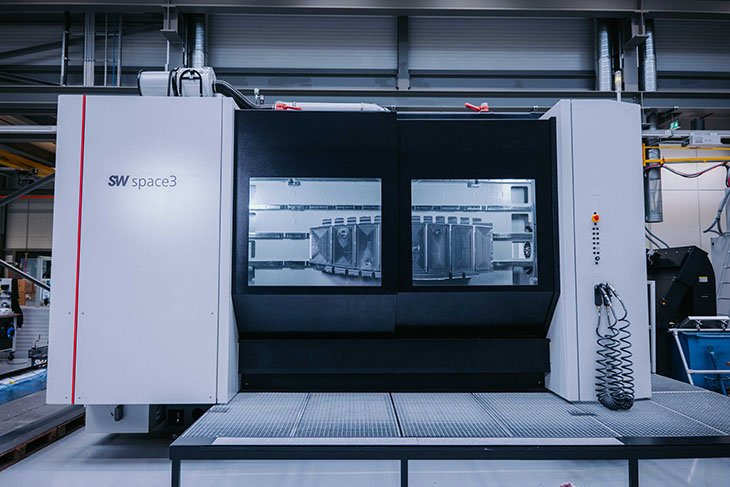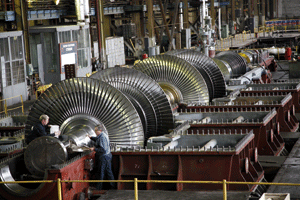UPM invests EUR 160 million in Kymi pulp mill to strengthen its position in the growing end use segments of the global pulp market.
“Kymi is a profitable and competitive pulp mill in comparison with the world’s leading pulp mills. Our EUR 160 million investment will result in a significant capacity increase with competitive costs and low risk,” says UPM’s President and CEO Jussi Pesonen.
“We have set ourselves clear targets for growth initiatives in pulp production, biofuels, speciality papers in Asia and label materials for the coming three years. With these initiatives we are targeting an additional EUR 200 million EBITDA when in full operation. The Kymi investment will bring a significant contribution to this,” says Pesonen.
With the investment Kymi’s annual pulp production capacity will increase by 170,000 tonnes up to 700,000 tonnes of bleached northern softwood and birch pulp. The Kymi investment makes a significant part of UPM’s earlier announced target to reach a 10 % increase in its 3.3 million tonne pulp capacity over the next three years.
During the past few years UPM has established a strong position on the pulp market cooperating with customers in the growing end use segments such as tissue, speciality papers and board. UPM has developed a versatile and commercially competitive pulp portfolio with appealing service offering.
UPM’s competitive and modern facilities in Finland and Uruguay provide a perfect platform for further growth. UPM’s recent sales and marketing cooperation with Canfor Pulp, the capacity expansion of Fray Bentos mill in Uruguay, as well as the investments in Pietarsaari mill in Finland, and now in Kymi, are all supported by healthy market fundamentals.
The investment at Kymi mill will begin immediately comprising a new pulp drying machine, modernisation of the softwood fibre line, a new debarking plant as well as improvements in the energy balance of the Kymi integrate consisting of pulp and paper mills.
The investment will not only benefit the pulp mill but the whole Kymi integrate due to increased resource efficiency and operational flexibility.
“Furthermore, the investment will advance the decoupling of UPM’s pulp and paper businesses, which supports a clear management focus and decision making in both businesses for the short and long term,” says Pesonen.











